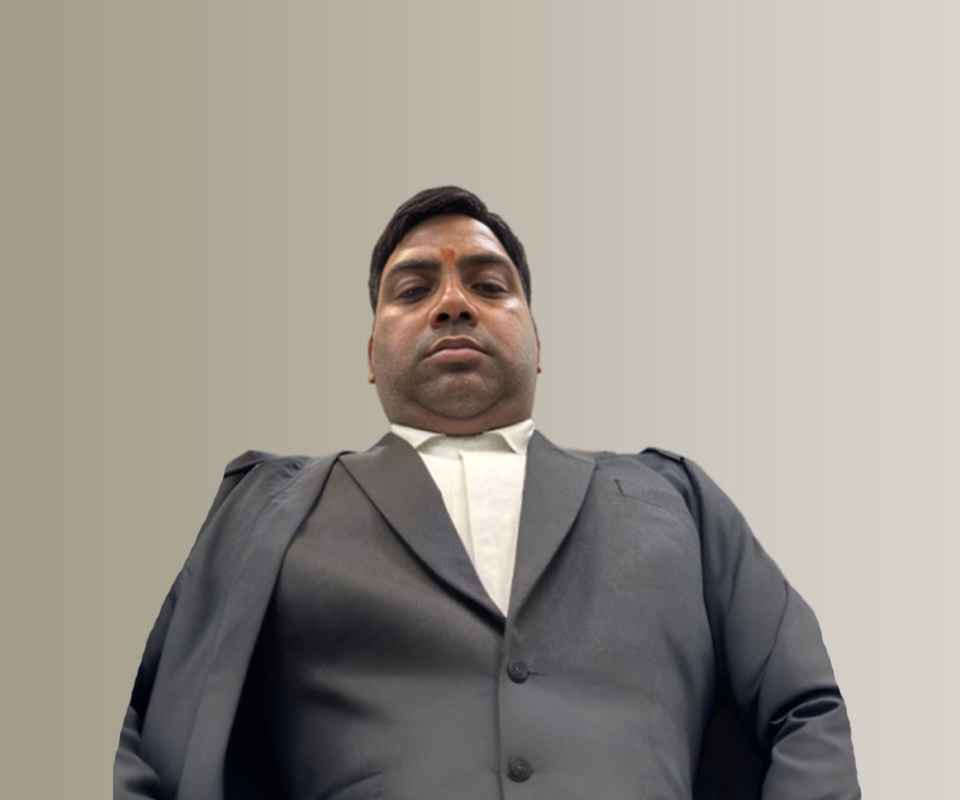Answer By law4u team
The age of criminal responsibility refers to the minimum age at which a child can be legally prosecuted for a criminal offense. This is a critical issue in juvenile justice, as it balances the need for accountability with the recognition that young individuals may lack the maturity to fully understand the consequences of their actions. The debate over lowering the age of criminal responsibility for juveniles is complex and has significant implications for the justice system.
Arguments For Lowering the Age of Criminal Responsibility
Deterrence of Juvenile Crime:
Proponents argue that lowering the age of criminal responsibility may act as a deterrent for young offenders, sending a clear message that criminal behavior will be met with legal consequences, regardless of age. This may potentially reduce the occurrence of serious crimes committed by juveniles.
Accountability for Serious Crimes:
Advocates believe that juveniles who commit heinous or violent crimes, such as murder or rape, should be held fully accountable for their actions. Lowering the age ensures that individuals who display significant criminal behavior face appropriate punishment and prevent such behavior from escalating.
Changing Nature of Youth Crime:
Some argue that with the rise in serious offenses committed by minors, such as gang violence or sexual assault, the traditional age limits for criminal responsibility no longer reflect the reality of juvenile crime, where minors often display sophisticated knowledge of their actions.
Public Safety:
Lowering the age could be seen as a measure to protect society, particularly when dealing with older juveniles who might pose significant risks to public safety. By prosecuting them in the adult system, advocates argue that they may receive harsher punishments, which could prevent re-offending.
Arguments Against Lowering the Age of Criminal Responsibility
Developmental Maturity:
Opponents argue that juveniles, particularly those under the age of 18, may not have the psychological maturity to fully understand the consequences of their actions. The adolescent brain is still developing, and decisions made during this period might not reflect the full capacity for reasoning and judgment, making them less accountable.
Focus on Rehabilitation:
The juvenile justice system is designed with a focus on rehabilitation rather than punishment. Lowering the age of criminal responsibility might shift the focus to punitive measures, which could hinder the rehabilitation process. Research suggests that early intervention and support can lead to better outcomes for juvenile offenders.
International Standards:
Many international human rights organizations, including the United Nations, advocate for a higher age of criminal responsibility, arguing that children should not be treated the same as adults under the law. Lowering the age might be seen as a violation of these international norms, which prioritize the protection of children's rights.
Risk of Over-incarceration:
Lowering the age may lead to more juveniles being incarcerated, particularly those who commit non-violent or less serious crimes. This could contribute to a cycle of criminal behavior, as exposure to the adult criminal justice system might negatively impact their future prospects.
Example
In some countries, such as the United States, the age of criminal responsibility varies by state. In some states, children as young as 16 or 17 can be tried as adults for serious crimes. This approach has led to significant public debate. For instance, if a 15-year-old commits a violent crime, proponents of lowering the age argue that such a child should be tried in adult court, while opponents believe that the child should be treated within the juvenile system, focusing on rehabilitation and education.
Conclusion:
The decision to lower the age of criminal responsibility for juveniles involves a delicate balance between ensuring accountability and recognizing the developmental stage of young individuals. It requires careful consideration of the nature of the crime, the potential for rehabilitation, and the broader societal impact of such a change. Each case should be assessed on its own merits, with an emphasis on protecting the rights and future of young offenders while ensuring public safety.







